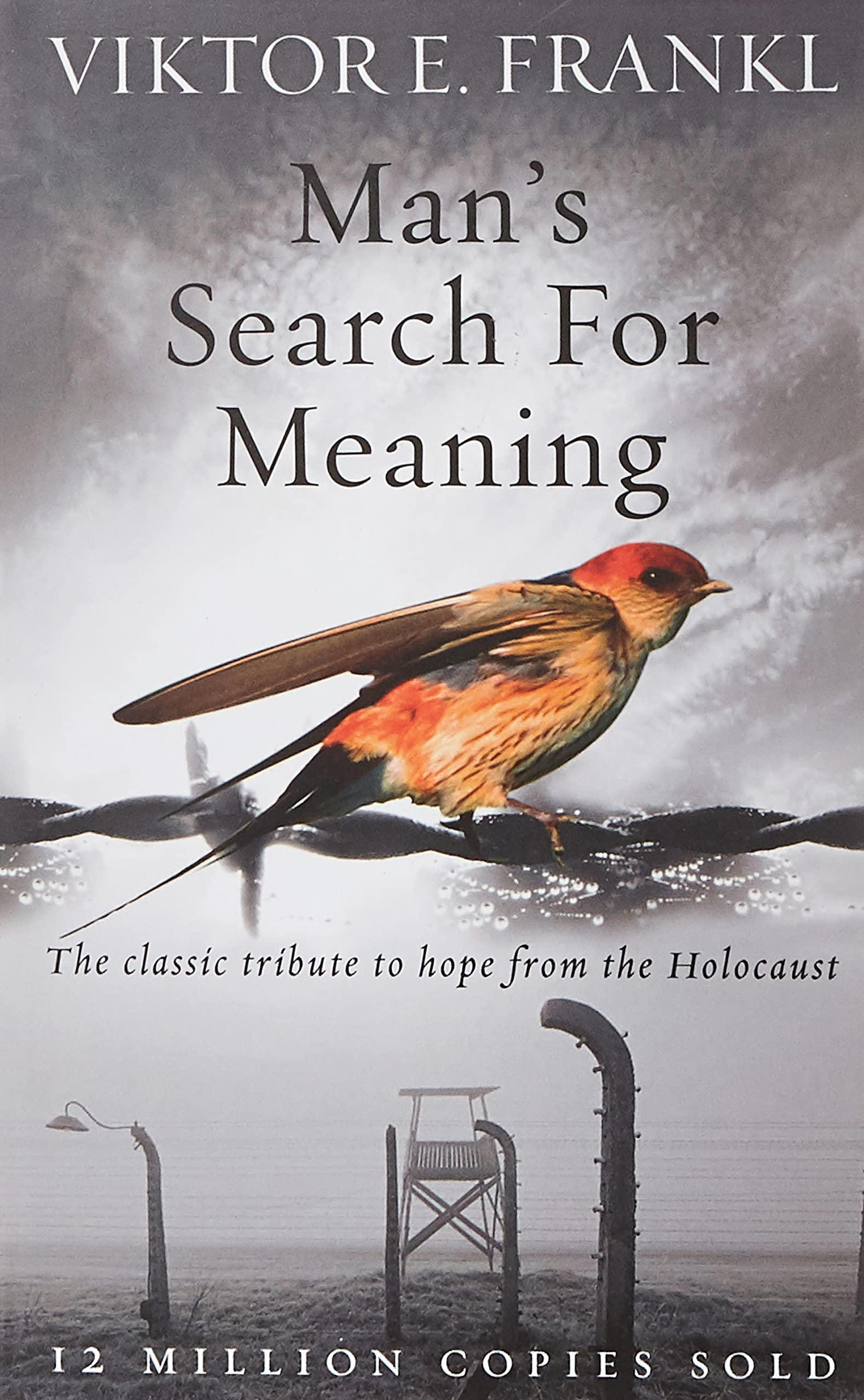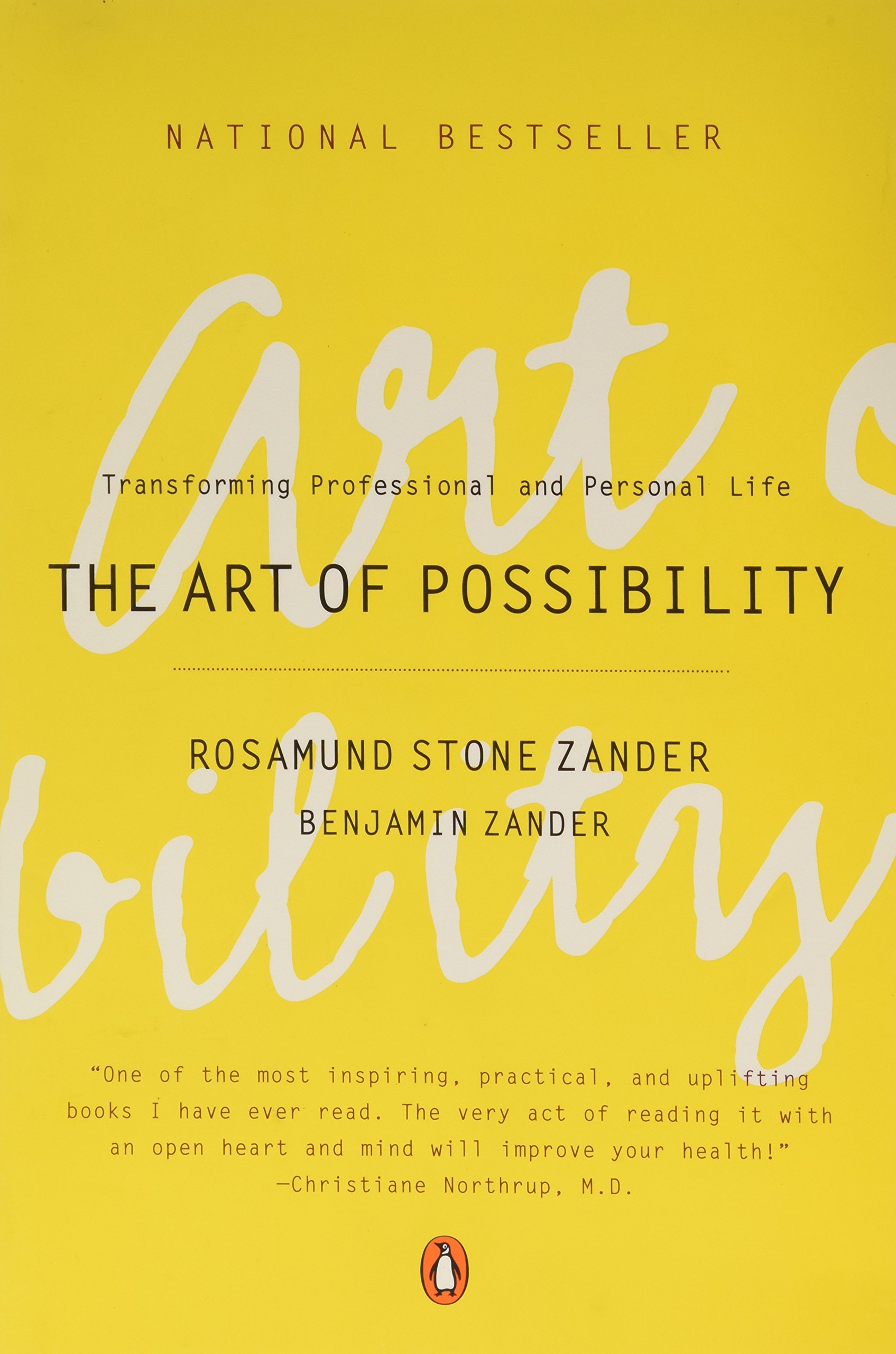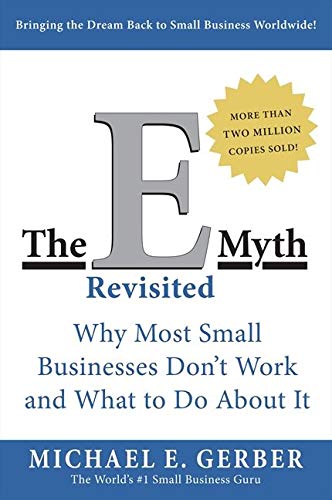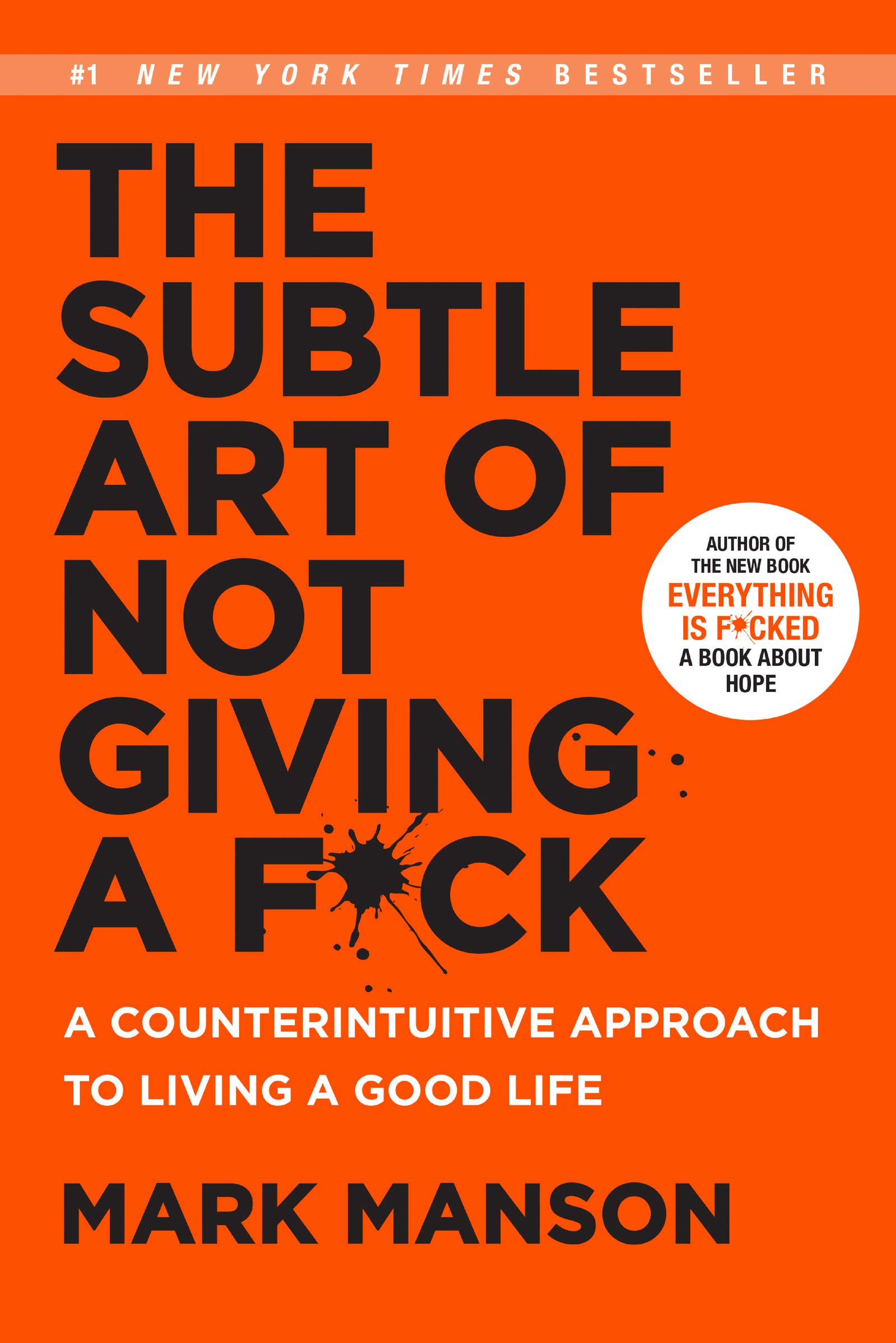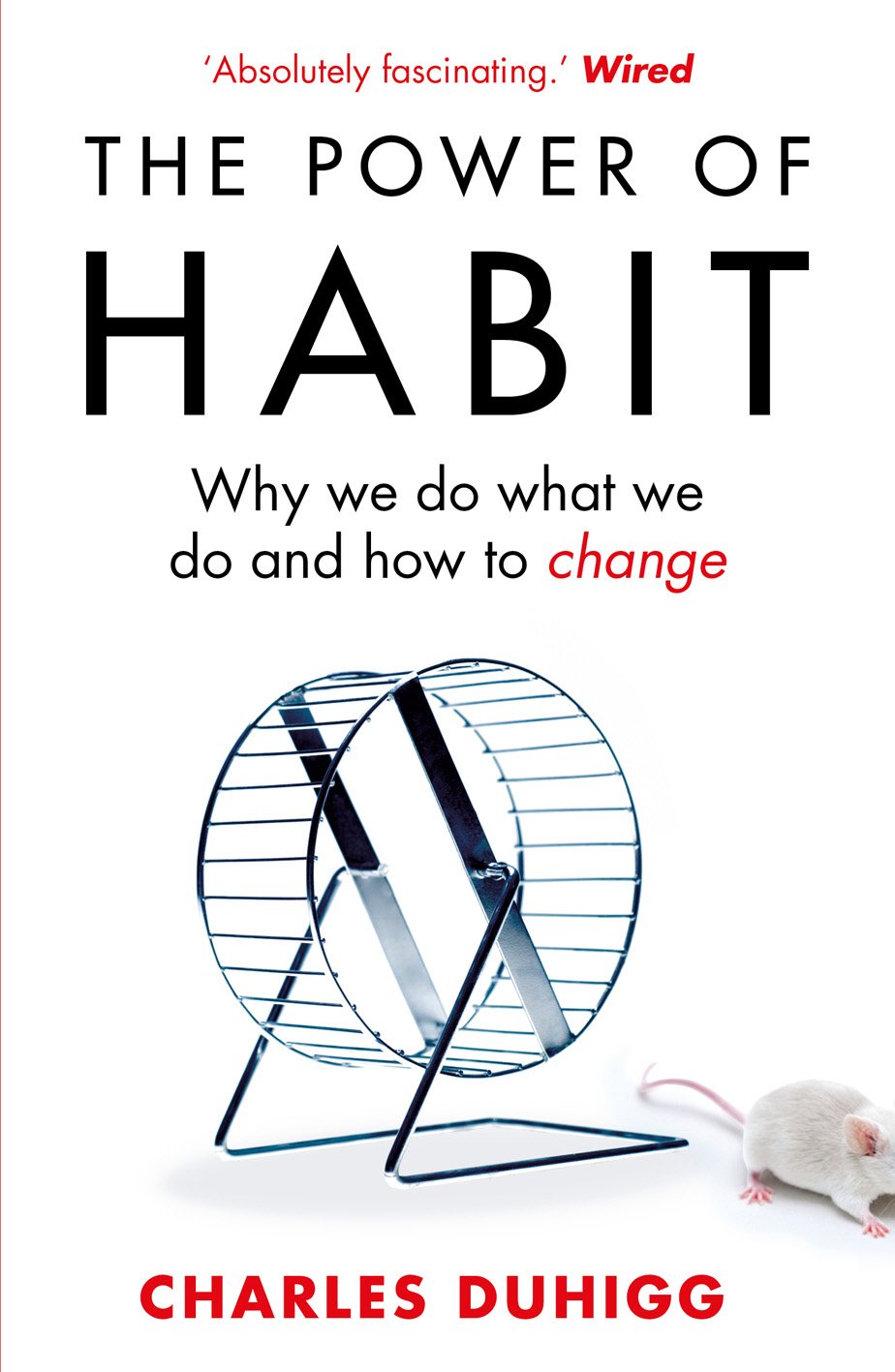Finding meaning in every action of every day, even in the worst places.
Dr. Frankl was a psychiatrist who was imprisoned in a Nazi concentration camp. He established the practice of logotherapy: that the need to find meaning in life is an innate human desire that can underlie psychological symptoms.
The principle argument is that meaning in life can be found in every action of every day, particularly in suffering. We can all think of people who we admire who did not ‘achieve’ but lead a life of deep fulfillment through how they responded to suffering.
Some points:
- The concept of existentialism = to live is to suffer; to survive is to find a meaning in the suffering
- Suffering completely fills the ‘soul’; no matter how much someone is suffering it feels all consuming – therefore it both is, and isn’t, relative
- Meaning in life can be found in three ways:
- Making a creative contribution via an ‘active life’
- Experiencing nature, art, beauty, life via a ‘passive life’
- Where love is to understand the expression of another person. Truly understanding someone else and them knowing they are understood is a loving act
- Fulfillment through your attitude to external forces, most notably suffering
- Aim to be worthy of your suffering
- Suffering is not necessary for meaning, only when it cannot be avoided
- Therefore, whilst a meaningful life might be happy, happiness is not required to have a fulfilling life
- This is consistent with multiple lines of evidence that suggest that the most rewarding jobs are not the easiest or require the least work
- Think of yourself as a passenger being set tasks by life and you derive meaning by finding the right action for each task, which is unique
- Don’t think about what you have to expect from life, but the other way round: what can life expect from you (and what values do you bring to each action you take)
- People will live or die for a meaning, more than just about anything else
- Go through life thinking as if you have lived this before and last time the choice you made was as bad as the one you are about to make now
- This will help you make actions that are ‘virtuous’, to use stoic terminology
- A single ‘meaning’ doesn’t make sense. It is different for each person, each day, and each action
- ‘Like asking a chess master “what is the best move in chess?”’
- The concept of having an ultimate meaning for suffering surpasses the intellectual capacity of humans
- Therefore, another challenge (that we must try to face admirably) is bearing the inability to grasp the meaningfulness of suffering in a rational way
- Be envious of the elderly because, rather than ‘potential’ experiences, they have ‘realities’ in the past with true meaning actualised
I have taken substantial time to try and internalise the message of this book. I now feel like I see this wisdom coming up all over the place. I am not sure I truly understand it, or whilst I might academically be aware of what Frankl is saying, it is challenging to incorporate it into life. Perhaps that is precisely the essence of what he was trying to convey.
